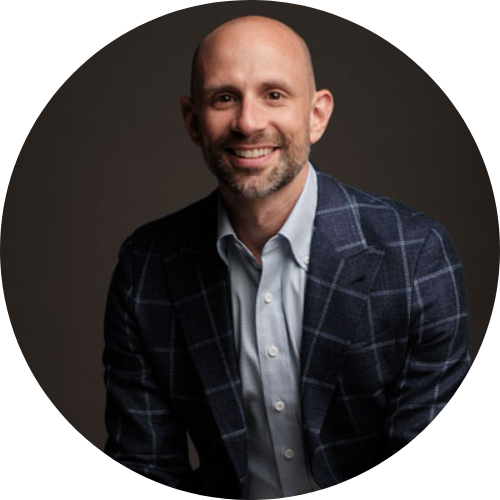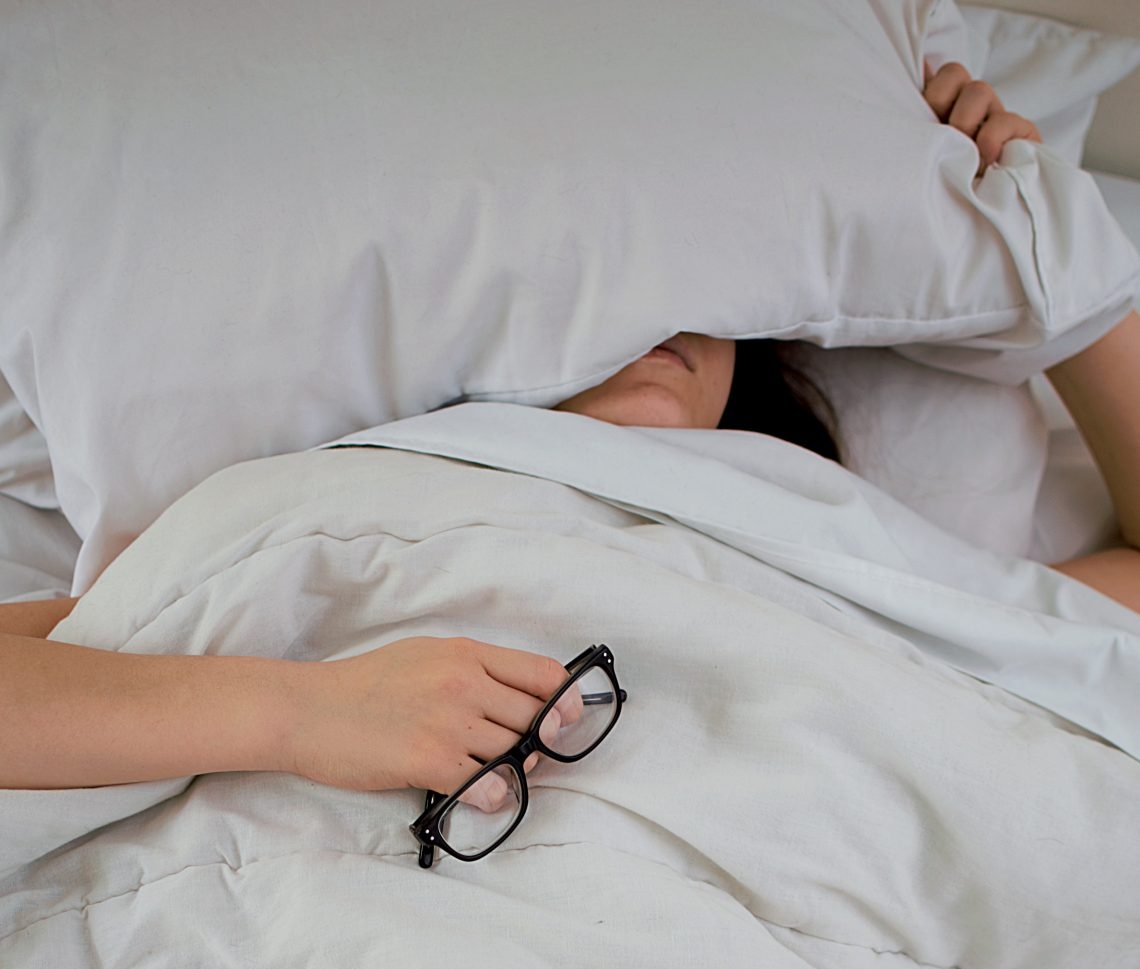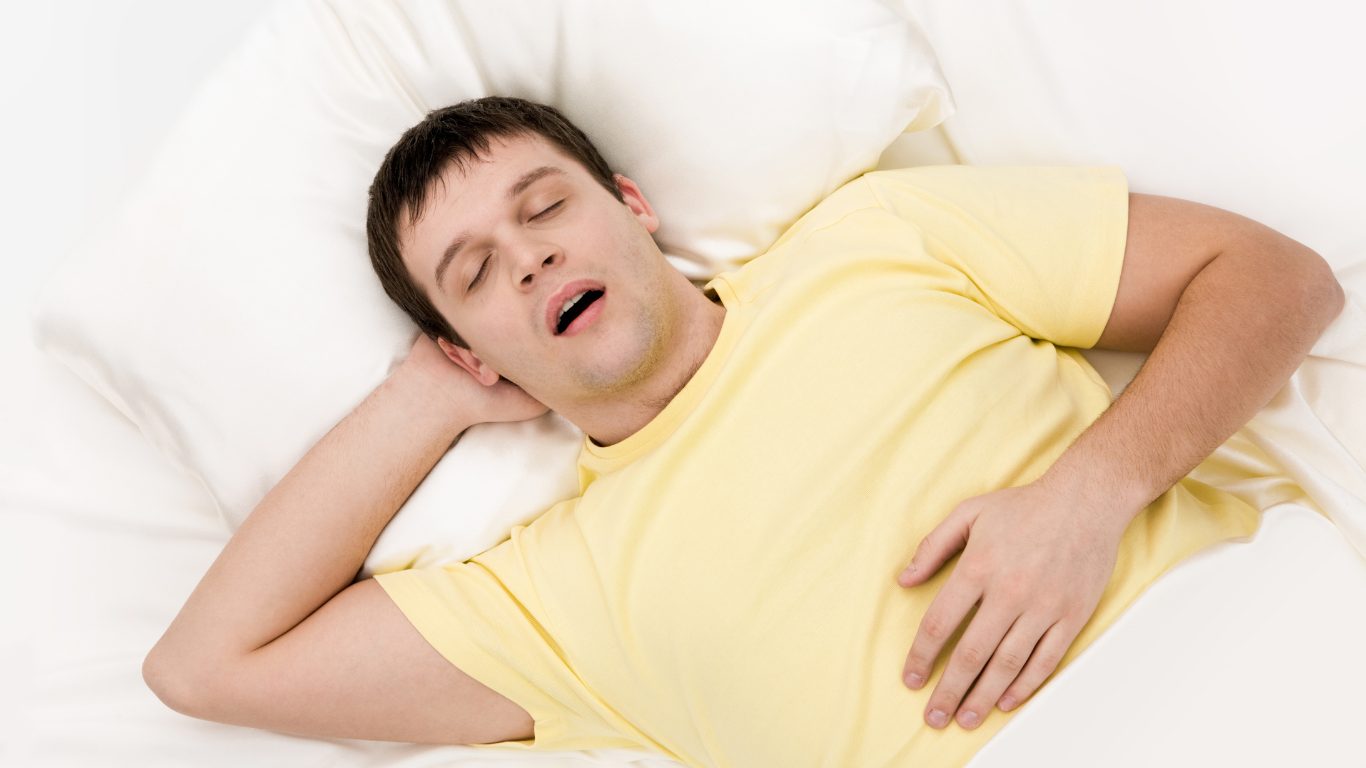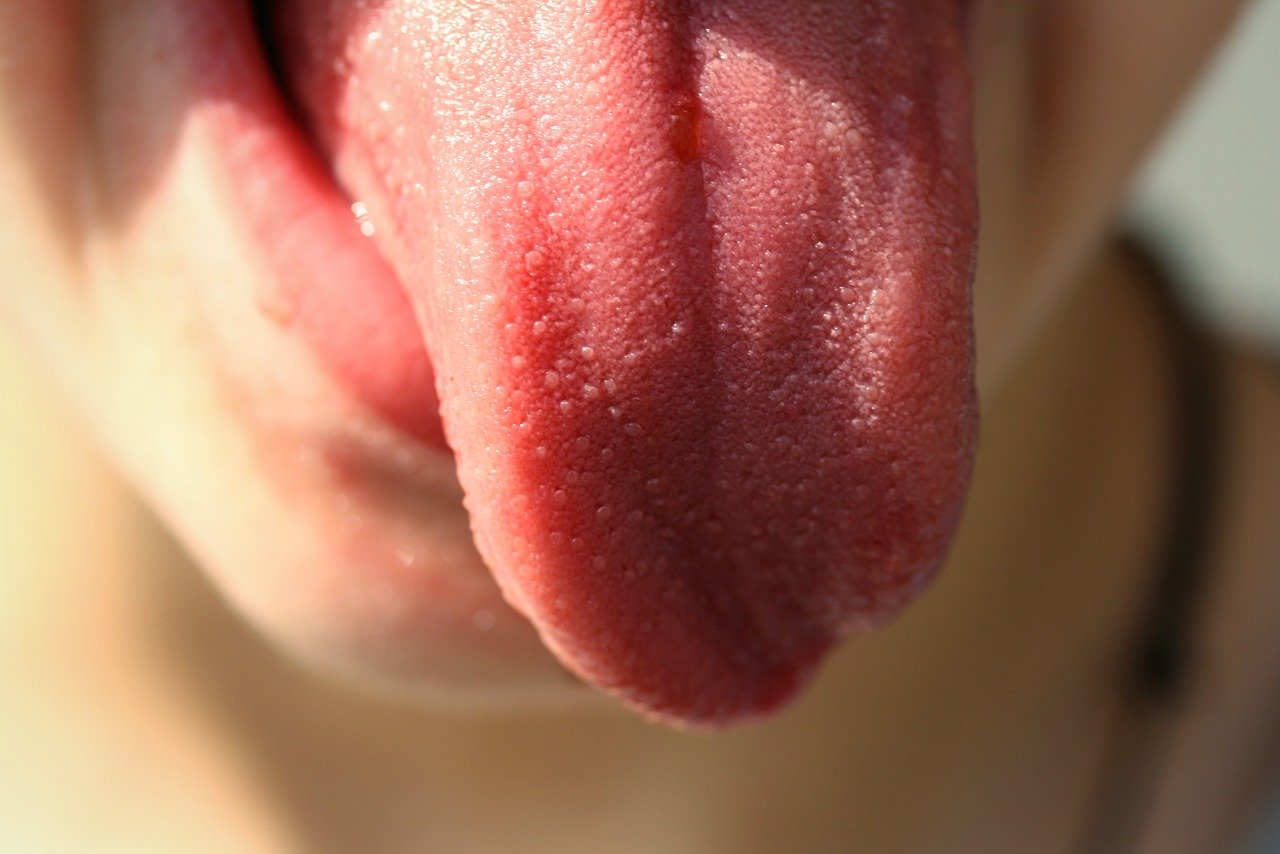
Do I See a Doctor or Dentist for Tongue Issues?
March 26, 2020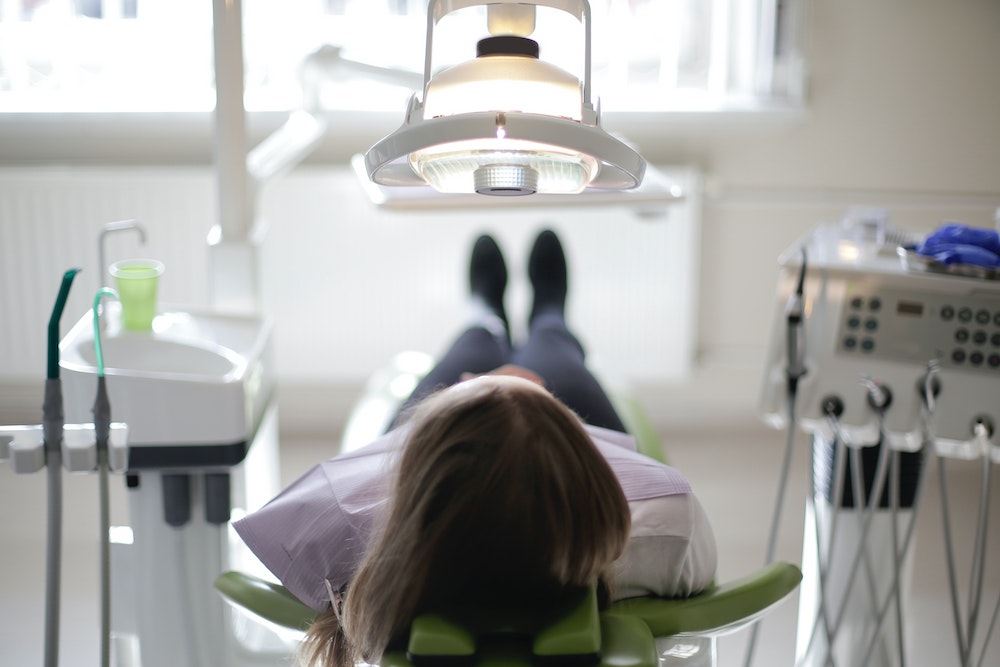
My Crown Fell Off What Should I do?
May 4, 2020When it comes to sleep disorder diagnosis, your dentist may be your first line to diagnosis and treatment. This may seem surprising at first, but some of the symptoms are reflected in oral health.
Because of this, your dental team may recognize signs before you get around to mentioning issues to your primary care doctor. Furthermore, some dentists collaborate with sleep specialists to assist them in sleep disorder diagnosis, monitoring, and treatment.
Please keep in mind this post is purely for educational purposes and is no substitute for medical care. Diagnosing and treating any condition involves complexities that only the appropriate medical professional may correctly address. However, we believe it is essential for each patient to stay informed, listen to their body, and seek medical advice.
Importance of Early Sleep Disorder Diagnosis
It is possible that as many as 70 million Americans experience one or more of the common sleep disorders. Although everyone feels tired or sleep-deprived on occasion, fatigue is a chronic condition for many Americans.
Sleepiness isn’t the only consequence, lack of quality sleep is also associated with an increased risk of cardiovascular disease. So disrupted sleep impacts both quality and possibly the quantity of life.
One of the most common sleep disorders is obstructive sleep apnea or OSA. People with OSA may not get a good night’s sleep since their breathing is briefly and repeatedly interrupted throughout their slumber.
According to the National Sleep Foundation, American adults with sleep apnea exceed 18 million. The condition affects both men and women as well as people of all ages. Most likely it is under diagnosed since not everyone seeks medical care for snoring or fatigue. Also, sleep disorders diagnosis often involves a sleep study or other observational methods by a specialist.
Why Your Dentist May Be the First to Notice Symptoms of Sleep Disorders
Sometimes people are surprised to learn that dentists are often the front line to sleep disorder diagnosis. Dentists are uniquely positioned to screen for oral signs of some of the sleep issues that present through mouth breathing, poor tongue positioning, tooth grinding, and other oral health concerns.
One of the first signs of sleep apnea is tooth grinding or bruxism. Who is in a better position to recognize this early symptom than your dentist?
Bruxism may cause facial pain, bone loss in the jaw, gum inflammation, tooth decay, and damage. In many cases, stress management and wearing a fitted mouthguard can help prevent the pain and damage from bruxism. However, other times it may be connected with an underlying condition that requires dental or medical intervention.
In addition to tooth grinding, other oral health-related signs connected to sleep apnea include:
- A small-sized jaw.
- A throat that is red from snoring throughout the night.
- Scalloped edges around the tongue.
- Reports of waking up with dry throat or mouth.
Increasingly dentists and physicians work as partners in both sleep disorder diagnosis and treatment. Be honest if your dentist asks you about the quality of your sleep, snoring, or other related concerns. These questions may not be as random as they appear especially if you grind your teeth and wake up with a dry mouth.
If your dentist notices these symptoms, the next step to a sleep disorder diagnosis may likely be a visit to your primary care physician or a sleep specialist.
Other Symptoms of Obstructive Sleep Apnea
In addition to oral health signs, here is a list of some of the other symptoms of obstructive sleep apnea, according to the Mayo Clinic:
- Feeling excessively tired, fatigued, or sleepy during the day.
- Frequent or loud snoring.
- Awakening, gasping or choking.
- A headache in the morning.
- Trouble concentrating during the day.
- Waking up with a dry feeling or sore throat.
- Episodes of breathing stopping while sleeping.
- High blood pressure.
- Lower libido or mood changes.
- Night sweats.
Risk Factors Associated with Sleep Disorders
Sleep disorders may happen to anyone whether or not any of the common risk factors apply. With such a myriad of potential disorders including sleep apnea, insomnia, restless leg syndrome, and narcolepsy there isn’t a one-size-fits-all list of risk factors. Obstructive sleep apnea is one of the most common conditions and is frequently connected to a mix of congenital, age, and lifestyle risk factors.
Recognizing common risk factors helps you make healthy lifestyle choices and also increases your awareness. Some of the common risk factors include:
- Age: People over 40 are most at risk, but sleep disorders affect people of all ages including children.
- Experiencing stress, depression or anxiety.
- Being overweight or obese.
- Having a neck size larger than 17 inches.
- Family history especially for sleep apnea.
- Having a deviated septum or other chronic sinus conditions.
- Snoring loudly or frequently.
- Are a smoker or heavy drinker.
- Have smaller than average airways in your nose, mouth, or throat.
If you experience symptoms of sleep disruption, discuss your concerns with your doctor or dentist regardless of whether you fit into a high-risk category. Also, if you fit a high-risk category with a lifestyle component, consider making healthy changes. For example, if you are a smoker consider quitting as that may help restore healthy sleep.
The sooner your condition is diagnosed the sooner it can be treated. Effective treatment of obstructive sleep disorder and other sleep conditions improves your health, sense of wellbeing, and quality of life. A good night’s sleep is priceless and positively impacts all areas of your health and your life.
Next Steps to a Healthy Mouth and a Good Night’s Sleep
For all oral health concerns including a sleep disorder diagnosis, your first step is a thorough dental examination. Charlotte residents trust their smiles to Southview Dentistry for over a decade. If you are looking for a new dental provider, give us a call today or use our online appointment request form!

